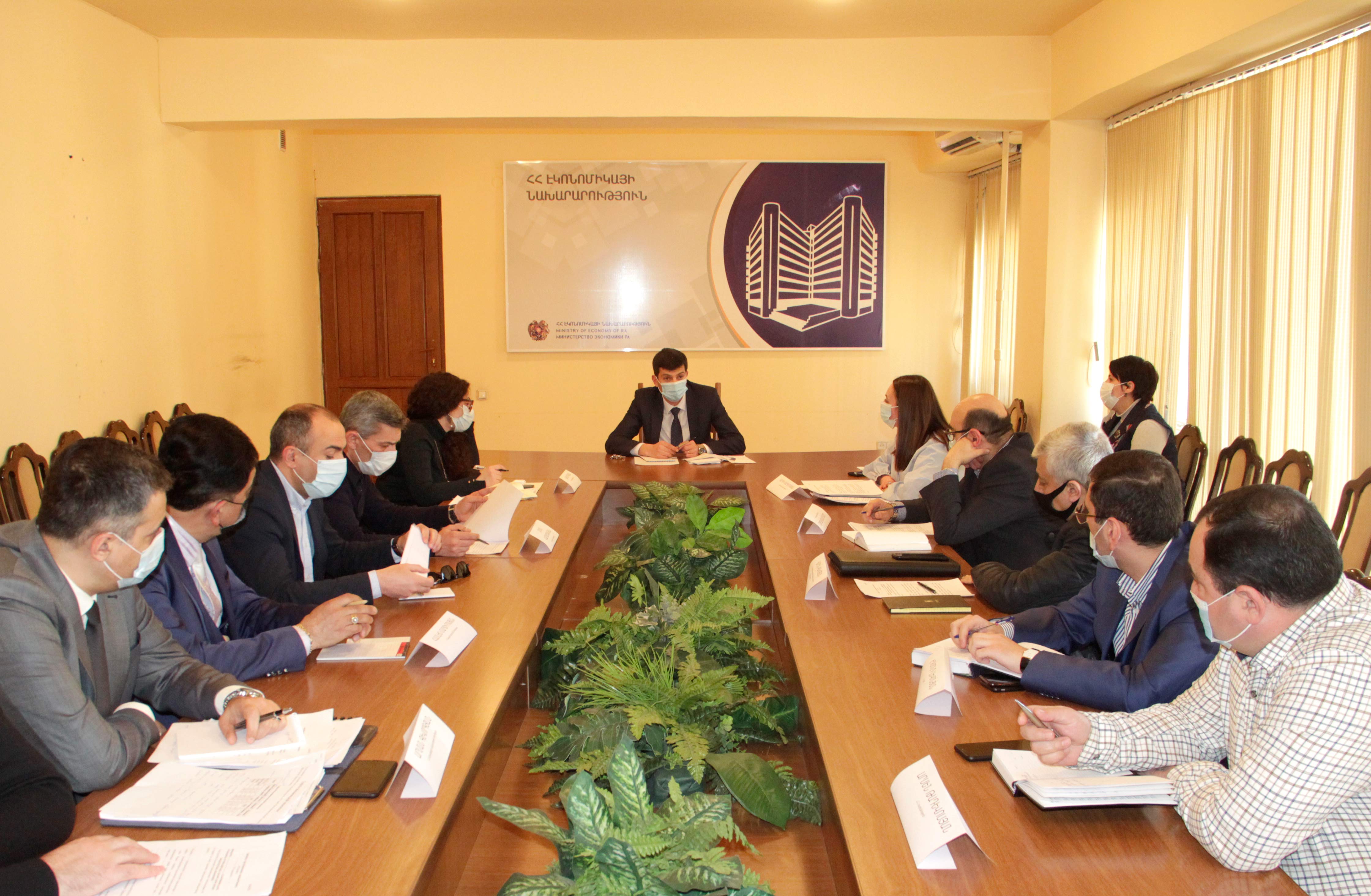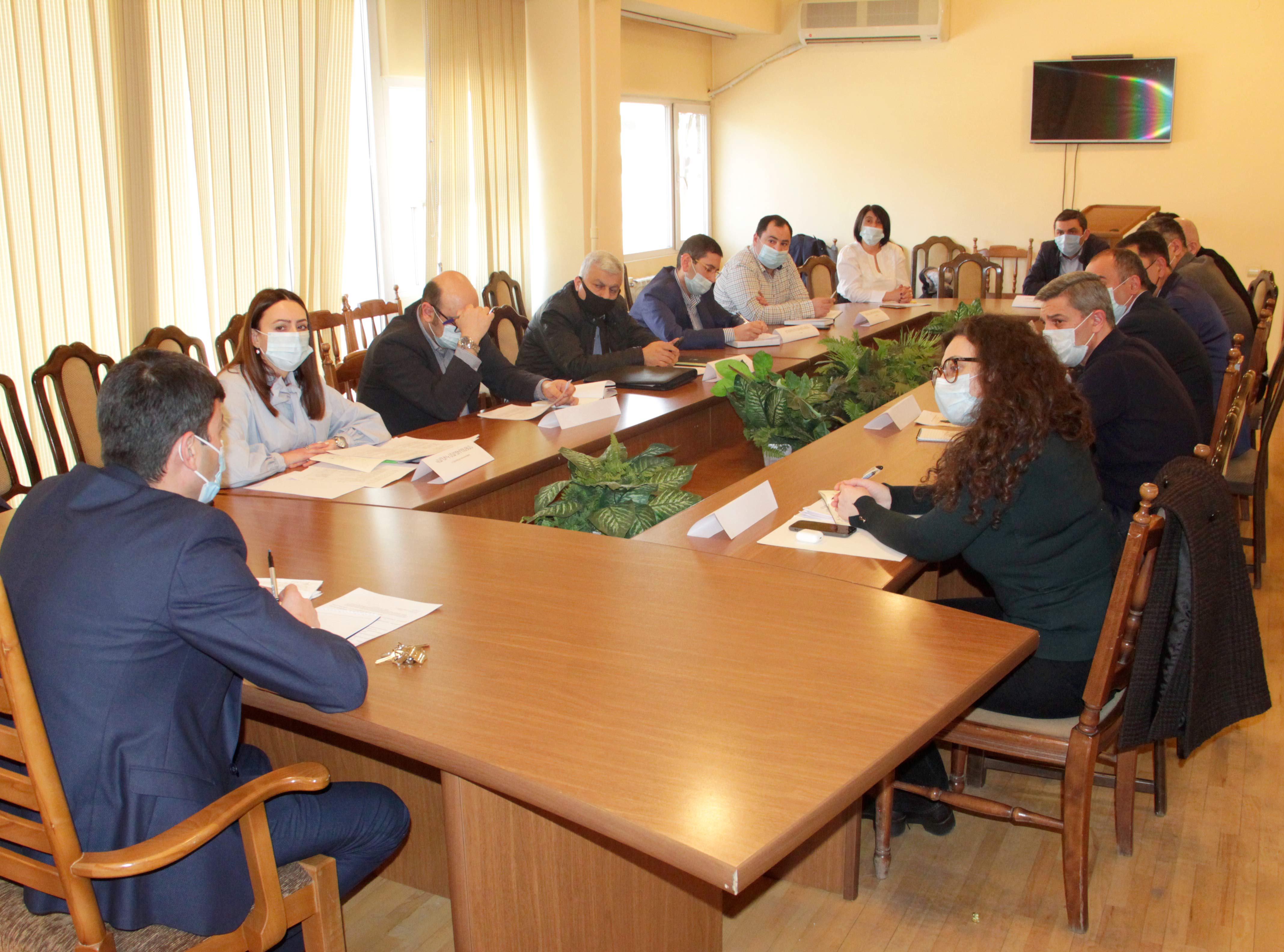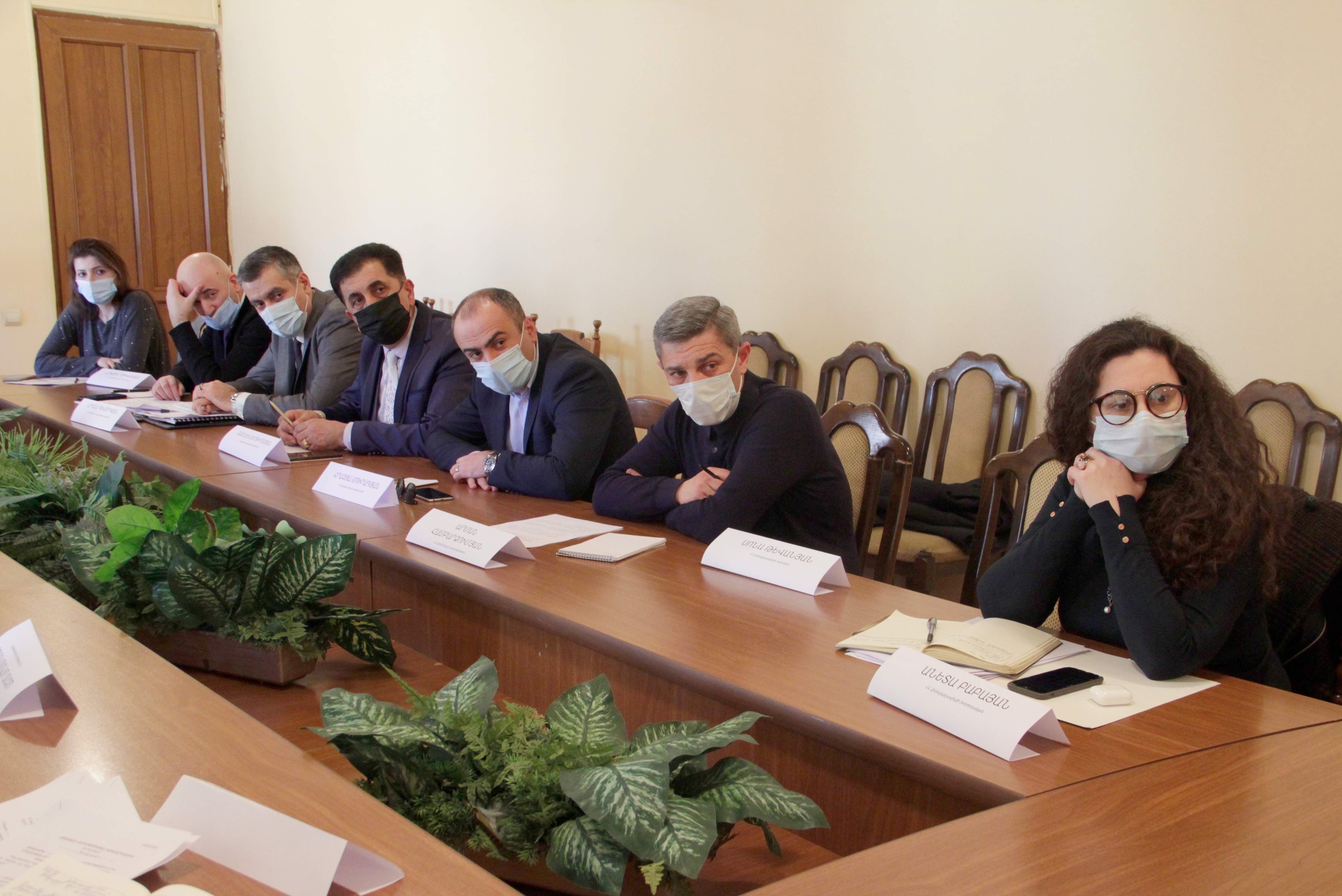-
MINISTRY

-
FUNCTIONS

- Economic Policy
-
Agriculture
- Agrarian policy
- Agrarian policy Agrarian policy
- Agro-processing
- Agro-processing Agro-processing
- Animal breeding
- Animal breeding Animal breeding
- Veterinary medicine
- Veterinary medicine Veterinary medicine
- Plant cultivation
- Plant cultivation Plant cultivation
- Phytosanitary
- Phytosanitary Phytosanitary
- Agricultural cooperation
- Agricultural cooperation Agricultural cooperation
- Fish farming
- Fish farming Fish farming
- Food security
- Food security Food security
- Organic agriculture
- Organic agriculture Organic agriculture
- Public Investment
- Investment Policy
- Free Economic Zones
- Industrial Policy
- Business Environment
- Small and medium-sized entrepreneurship
- International Cooperation
- Armenia - European Union
- Armenia-EAEU
- Armenia - WTO
- Trade and Market Regulation
- Tourism
- Capital market
- Quality infrastructure
- Сtrategic sectors
- Licensing, permits
- Intellectual Property
-
PROJECTS

- State Support Programs for Agriculture
- Economy modernization program
- Infrastructure for investment assistance event
- State support program for issuance and rating
- The state support program for commercial companies engaged in the production of economically complex products
- Fee and cost reimbursement program for drug registrations and re-registration examinations
- Program for Compensation of Costs of Clinical Trials and Bioequivalence Studies in the Republic of Armenia
-
INFORMATION

-
MEDIA CENTER

- CONTACTS
- Economic Policy
- Agriculture
- Public Investment
- Investment Policy
- Free Economic Zones
- Industrial Policy
- Business Environment
- State Support Programs for Agriculture
- Economy modernization program
- Infrastructure for investment assistance event
- State support program for issuance and rating
- The state support program for commercial companies engaged in the production of economically complex products
- Fee and cost reimbursement program for drug registrations and re-registration examinations
- Program for Compensation of Costs of Clinical Trials and Bioequivalence Studies in the Republic of Armenia
The meeting of the working group set up for legislative regulation of industrial cannabis (hemp) cultivation took place
The first meeting of the working group set up to elaborate the necessary legal acts for implementation of hemp cultivation in the Republic of Armenia took place on March 9, 2021, at the RA Ministry of Economy, which was chaired by the Deputy Minister Tigran Gabrielyan.
The working group includes representatives of the Office of the RA Deputy Prime Minister Tigran Avinyan, the RA Ministries of Economy, Health, Territorial Administration and Infrastructure, National Security Service, Police, Food Safety Inspectorate, State Revenue Committee, and Armenian National Agrarian University.
The process will be implemented within the framework of the Economic response program and action plan adopted by the RA Government on February 4, 2021, on growing and processing of new crops yielding high added value in the agricultural sector, which will significantly increase the efficient use of agricultural lands.
Welcoming the meeting participants, Tigran Gabrielyan informed that the cultivation of hemp as a new and high added value yielding crop, which serves as raw material for products used for multiple industrial purposes, was considered by the Ministry since 2017.
Presenting the main stages of the process and planned actions, Varsik Martirosyan, the Deputy Head of the Department of Primary Agricultural Production of the Ministry of Economy, noted that cultivation of hemp as an agricultural crop is currently allowed in almost 47 countries of the world. The Ministry of Economy has thoroughly studied the international experience of hemp cultivation, as well as legal acts regulating the sector in different countries and existing control mechanisms.
According to Varsik Martirosyan, the cultivation of hemp in Armenia will be a strictly controlled and licensed activity. In the first year of the project implementation, it is envisaged to carry out scientific and industrial cultivation of hemp, as a result of which the sorts most suitable for the climatic conditions of Armenia and with the defined level of tetrahydrocannabinol composition will be selected. Within the framework of licensed activities, some companies will be able to organize hemp cultivation. It has to be noted that preference will be given to companies which, in addition to cultivation, will carry out processing, too.
During the meeting, the working group discussed a number of issues related to ensuring the efficiency of hemp cultivation, execution of laboratory examinations, application of special control mechanisms in cooperation with state bodies, and processing of the hemp produced.
Hemp provides multiple and waste-free processing, resulting in yarn (textile industry), paper, construction materials, food (oil, margarine, food additives), hygiene items (cosmetics), medicines, and other technical products.
-
Hot line

* Hot line operates on weekdays (Monday-Friday) from 09:00 to 18:00.
- BUSINESS ENVIRONMENT
- (+374 11) 597 539
- TOURISM
- (+374 11) 597 157
- QUALITY INFRASTRUCTURES
- (+374 11) 597 167
- PRODUCT LABORATORY TESTING
- (+374 11) 597 166







